I have made a career out of observing children. Technically, my titles were teacher, curriculum writer, specialist, instructional coach, and administrator. But in reality, I observed children, and I wondered about their thinking. I questioned why they reacted in certain ways and wondered how they decided who they liked (and didn’t like). I watched how they chose materials and explored how they learned.
Later, I tried to piece together why they ultimately became who they became. In many ways, these observations were my most informative pieces of data. My favorite question to ask kids was, “Why do you think that?” Then, I sat back to listen and learn.
Social Emotional Learning Skills in Daily Life
What I realized from all of that observation has made me a very strong supporter of the importance of social emotional learning (SEL) in early childhood and beyond. Academic skills are very important, and I will come back to that. However, much more of what we do daily is built on our ability to understand and utilize our emotions, manage our behaviors and actions, communicate effectively, and relate to others. Essential life moments depend on these skills.
These moments include forming healthy relationships, getting and keeping a job, solving problems, negotiating purchases, finding happiness, having a family, asking for help, and offering care to others.
For young children, social emotional learning skills develop through every interaction, every attempt at something new, every success, and every failure. Children watch the significant adults in their lives to learn about emotions, decision-making, how to accept mistakes and failures, and how to graciously handle victory. Who we become in life will depend on our knowledge and ability to relate that knowledge to the world.
CASEL’s research on the impact of SEL is persuasive. According to their studies, quality SEL produces the following:
- Better academic outcomes and improved behaviors (after all, these two things do not just happen on their own)
- A long-term impact (we use SEL for our entire lives)
- Reduces poverty and improves economic mobility (better social skills allow us to advance and improve our quality of life)
- Improves achievement of lifetime goals (kindergarteners who set goals and worked with others to achieve these goals were more prepared to do the same in their young adult years)
An SEL Story
Imagine a child in your class named Matthew. As a young child, Matthew is impulsive, loud, and active and has difficulty sharing his things, time, attention, and ideas. Occasionally, when Matthew doesn’t get his way, he feels frustrated and lashes out physically or emotionally. He has been known to cry, yell, hit, and shut down.
At the same time, Matthew has great spatial intelligence and higher-than-average physical coordination. When working one-on-one with a teacher, he can relate his ideas with a strong vocabulary. If we do not enhance Matthew’s social emotional skills at the same time we increase his academic knowledge (early childhood through secondary education), what will Matthew’s future be like?
Maybe he wants to be a dad, an engineer, work with computers, as a doctor, or a mechanic—all of which will require forming relationships, talking to customers, meeting with colleagues, the ability to accept others’ viewpoints, and effective self-expression.
SEL Impact on Future Self
According to PBS Learning Media, for children to set goals and motivate themselves to achieve those goals, they must be able to see themselves in the future. They must understand that they have opportunities and abilities to develop lives not limited by their birth circumstances. Their social and emotional skills will carry them forward to plan and achieve the idea of a future self.
Learning to set and meet goals begins early when children start thinking about the person they desire to become. Young children watch the adults around them to develop this concept of future self. A successful future self has both academic and social skills.
Growing and learning are essential in early childhood, adolescence, teenage years, and all future stages of life. Traditionally, education has focused on academic skills and knowledge, but today’s world and beyond requires more holistic learning. Knowledge and the ability to utilize that knowledge are integrated. After all, if Matthew is your doctor someday, you’ll want to know he understands how to treat you, and how to treat you well.
Read More: Opportunities for Social Emotional Learning in Physical Education
Linda Hamilton
Linda earned a BA from the University of Texas and has worked in the field of education for over 30 years as a teacher, educational specialist, presenter, program director and instructional coach. She holds teaching certificates in Special Education (grades PK-12), Early Childhood Education and Elementary ESL. She has been honored as a district and state Regional Teacher of the Year in Texas. As a resource for teachers and schools, she has served on numerous committees to develop and strengthen early childhood education nationally.
After developing early childhood programs for a large school district, Linda was selected to lead an early childhood professional development initiative for the City of San Antonio. Ultimately, her heart has always been in the classroom working with both teachers and students in the areas of literacy development, classroom management, differentiated instruction and social emotional learning. Those who have visited her classroom know that music, movement, laughter and independence are always being promoted.
One teacher who has worked with Linda in the past wrote, "Linda Hamilton is an excellent educator and a true advocate for better teaching. She believes in teaching the whole child and loves her calling."

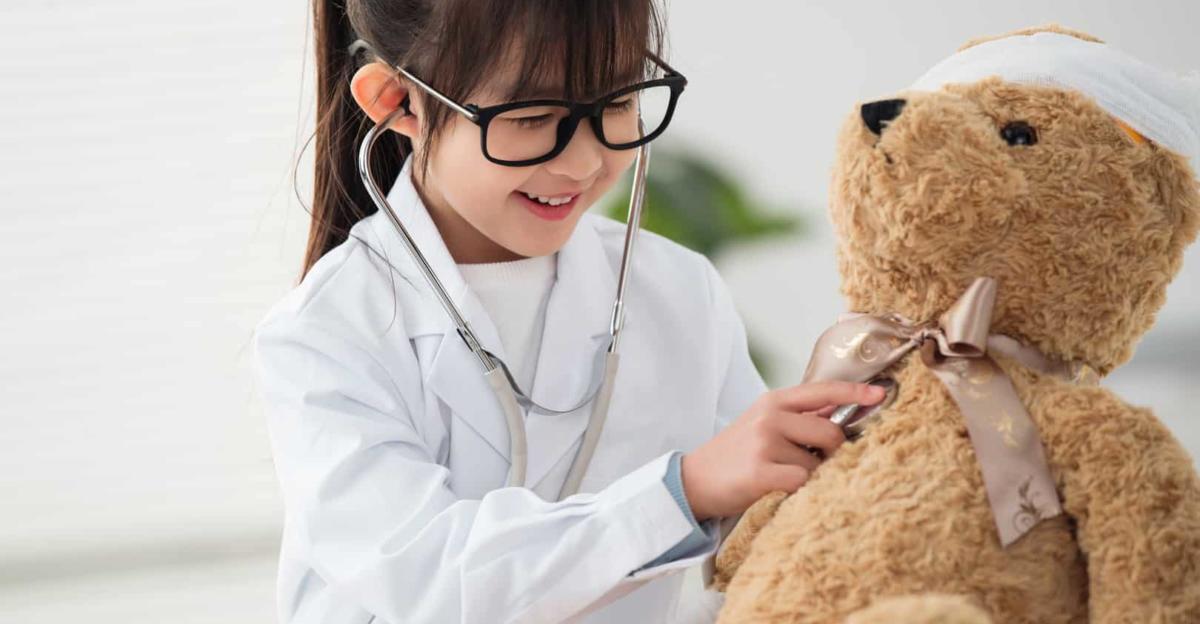
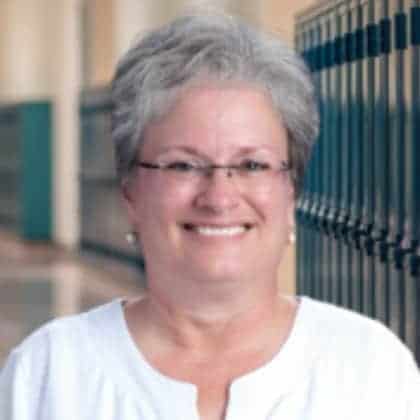
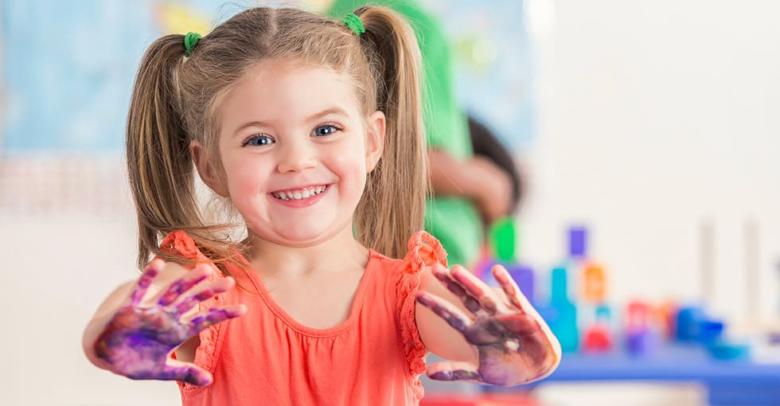
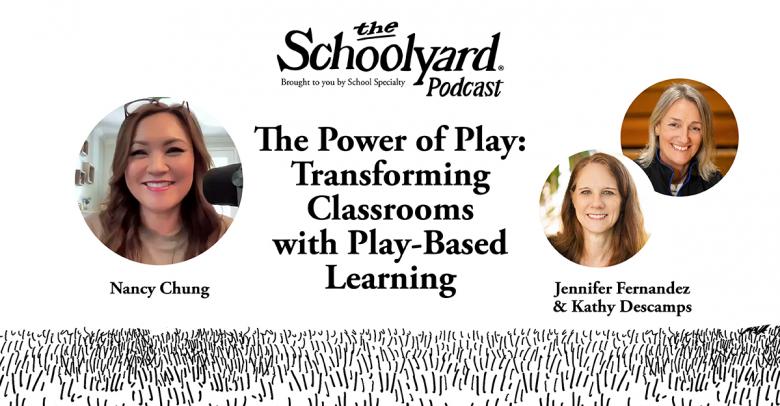
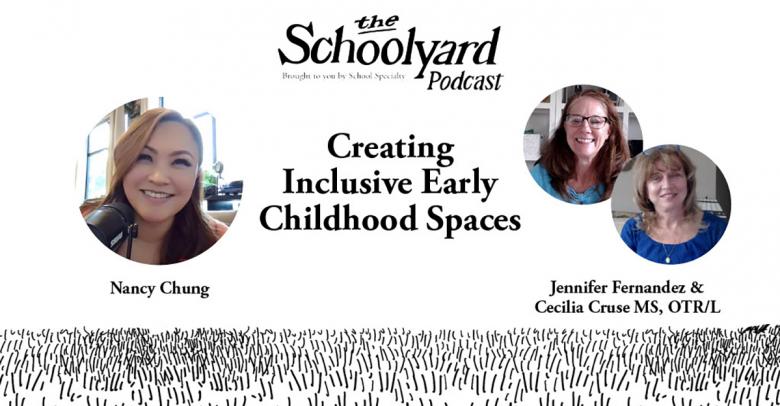
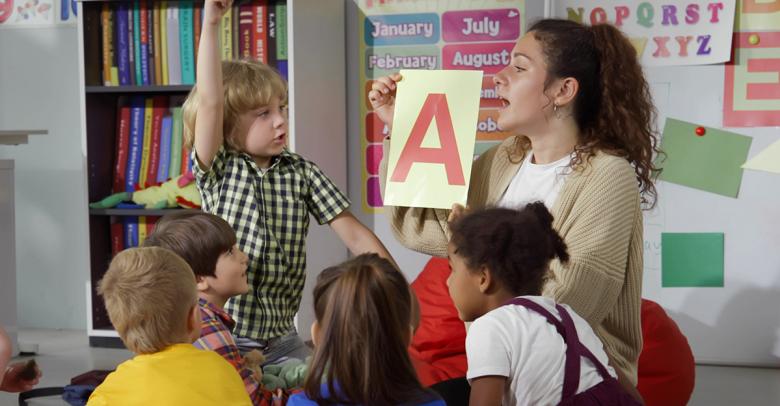
Leave a Reply